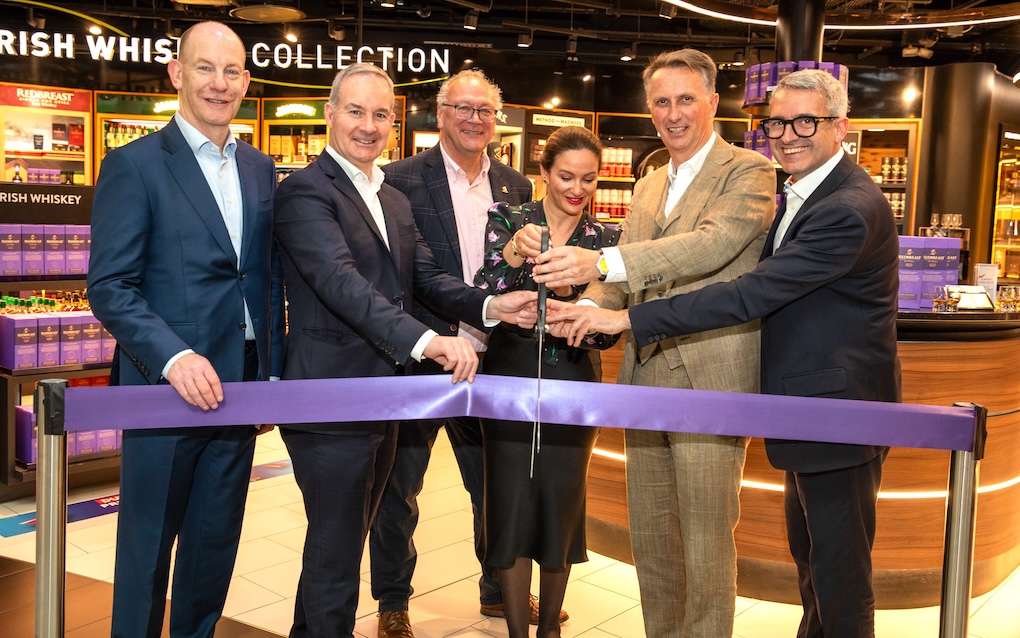INTERNATIONAL. Global passenger traffic demand rose 5.3% in February 2019 compared to last year, as measured in total revenue passenger kilometres (RPKs).
It is the slowest rate of growth in more than 12 months but in line with long-term trends, the International Air Transport Association (IATA) said.
The results also revealed monthly capacity (available seat kilometres or ASKs) increased by 5.4%, and load factor (which assesses how efficiently an airline fills seats and generates fare revenue) slipped 0.1 percentage point to 80.6% – still high by historic standards.

IATA Director General and CEO Alexandre de Juniac said: “After January’s strong performance, we settled down a bit in February, in line with concerns about the broader economic outlook. Continuing trade tensions between the USA and China, and unresolved uncertainty over Brexit are also weighing on the outlook for travel.”
In February, international passenger demand rose 4.6% compared to February 2018, which was a slowdown from 5.9% growth in January. Capacity climbed 5.1%, and load factor dropped 0.4 percentage points to 79.5%. Airlines in all regions but the Middle East showed traffic growth against the same period last year.
Despite Brexit, European carriers showed the strongest performance for a fifth consecutive month in February with passenger demand increasing by 7.6%, compared to a year ago, unchanged from January. Capacity rose 8% and load factor slid 0.3 percentage point to 82.3%, but was still the highest among regions.
Asia Pacific airlines’ February traffic rose 4.2% compared to the year-ago period, a substantial slowdown from the 7.2% increase recorded in January. Capacity increased 4.7% and load factor dipped 0.3 percentage points to 81%.

Middle East carriers recorded a 0.8% traffic decline in February compared to a year ago, the only region to report a drop year-on-year. Capacity rose 2.9% and load factor fell 2.7 percentage points to 72.6%.
North American airlines’ traffic climbed 4.2% in February, a decline from 5.4% growth in January. Capacity rose 2.9% and load factor was up one percentage point to 79%. Latin American airlines saw traffic rise 4.3% compared to February 2018, a slippage from 5.4% annual growth in January. Capacity increased by 5.6%, and load factor dropped one percentage point to 81.4%.
African airlines experienced a 2.5% rise in traffic for the month compared to the previous year, down from 5.1% growth in January. Capacity rose 0.3%, and load factor climbed 1.5 percentage points to 69.7%.
Domestic travel demand rose 6.4% in February compared to February 2018, down from 7.4% annual growth in January. All markets except Australia reported increases in traffic, with India recording its 54th consecutive month of double-digit percentage growth. Domestic capacity climbed 5.8%, and load factor edged up 0.5 percentage points to 82.4%.
China topped the growth chart for a second month in a row, with RPKs up a strong 11.4% year-on-year, although this was down from 14.5% growth in January compared to a year ago.

Brazil’s domestic traffic increased 5.8% in February, compared to last year, the fastest pace in more than six months and more than double the 2.6% year-on-year rise for January. Brazil was the only domestic market tracked by IATA to show an increase in the year-on-year growth rate compared to January 2019.
Assessing the overall results, De Juniac said: “While overall economic confidence appears to be softening, aviation continues to deliver solid results, helping to sustain global commerce and the movement of people. The Brexit deadline has come and gone with no separation agreement, but with vital air connectivity between the UK and the continent maintained for the present.
“Temporary measures, however, are no substitute for a comprehensive Brexit package that will ensure that the business of freedom is able to play its vital role in contributing to the wellbeing of the region – and the world.”












